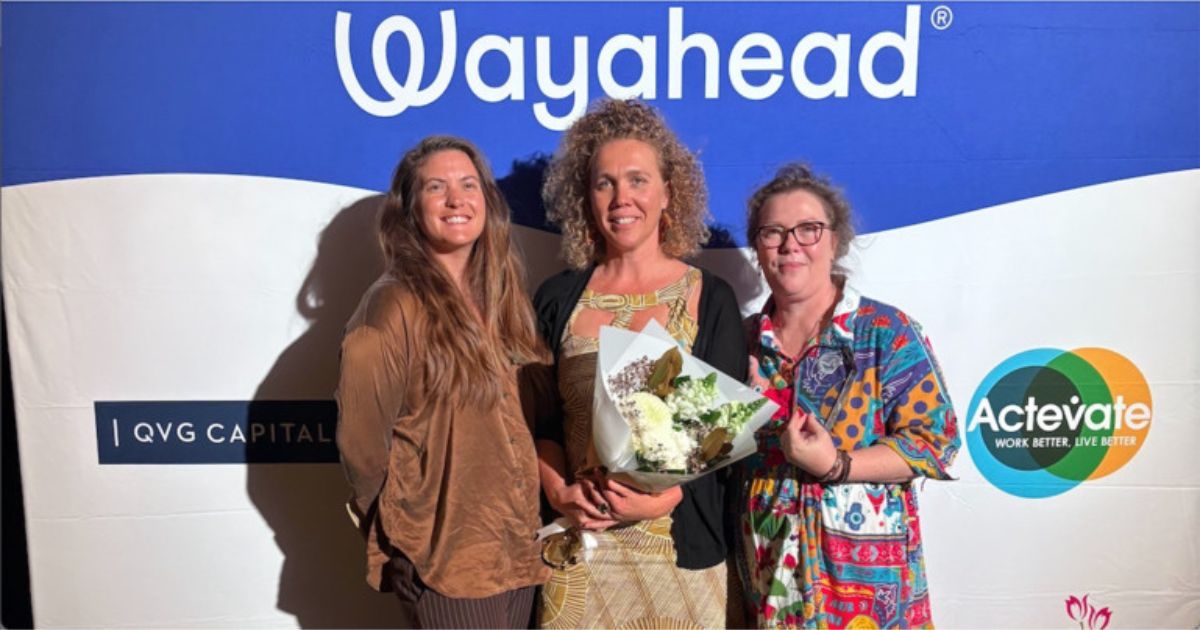Take care of our fishing spots and wildlife urges Tweed Council
TWEED Shire Council is urging the local fishing community to dispose of their fishing line and tackle appropriately in the wake of a rise in incidents of wildlife damage and pollution in Tweed waterways.
Fishing-related litter is a critical environmental threat in NSW and internationally. Litter produced by angling impacts aquatic animals and habitats and negatively impacts the reputation of responsible recreational fishers.

Discarded fishing tackle can injure many aquatic animals, including birds, turtles, platypus, and seals. Gear such as fishing lines, hooks, sinkers, lures, traps, and nets can entangle or be ingested by wildlife, including the much-loved local Osprey and Pelican populations.
A motion raised at Council’s last monthly meeting by Councillor James Owen stated that Tweed Wildlife Carers had received 90 calls for injured black swans, 45 rescues and 16 rescues involving entanglement. Cr Owen is also pushing for a print and social media education campaign to address the harm caused by fishing litter.

The disposal of fish waste into sheltered waters such as small bays and estuaries can deplete dissolved oxygen, reducing water quality and impacting the ecosystem. Fishing litter, such as discarded hooks, can also impact visitors and dogs that visit popular fishing sites.Simple behavioural changes such as disposing of fishing lines and tackle in the nearest bin or taking them home can help local wildlife. The council also hopes local anglers will encourage using a container or jar to safely dispose of unwanted lines and tackle, being aware of overhead snags such as tree limbs, and cutting lines into smaller lengths before putting them in the red bin to reduce the risk of entanglement.
Participating in clean-up events in the local area and leaving no trace (leaving a site cleaner than it was found) will help sustain healthy fishing havens for humans, pets, and wildlife alike.

The council also encourages recreational fishers to go packaging-free, stash the trash, fish smarter, and think before casting. Hook-and-line bins, specifically designed for discarded fishing gear, are in use across the Tweed Shire.
For assistance with injured, hooked or tangled wildlife, call Tweed Valley Wildlife Carers on 6672 4789.



















